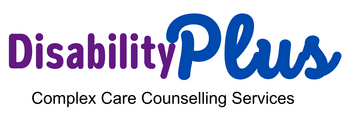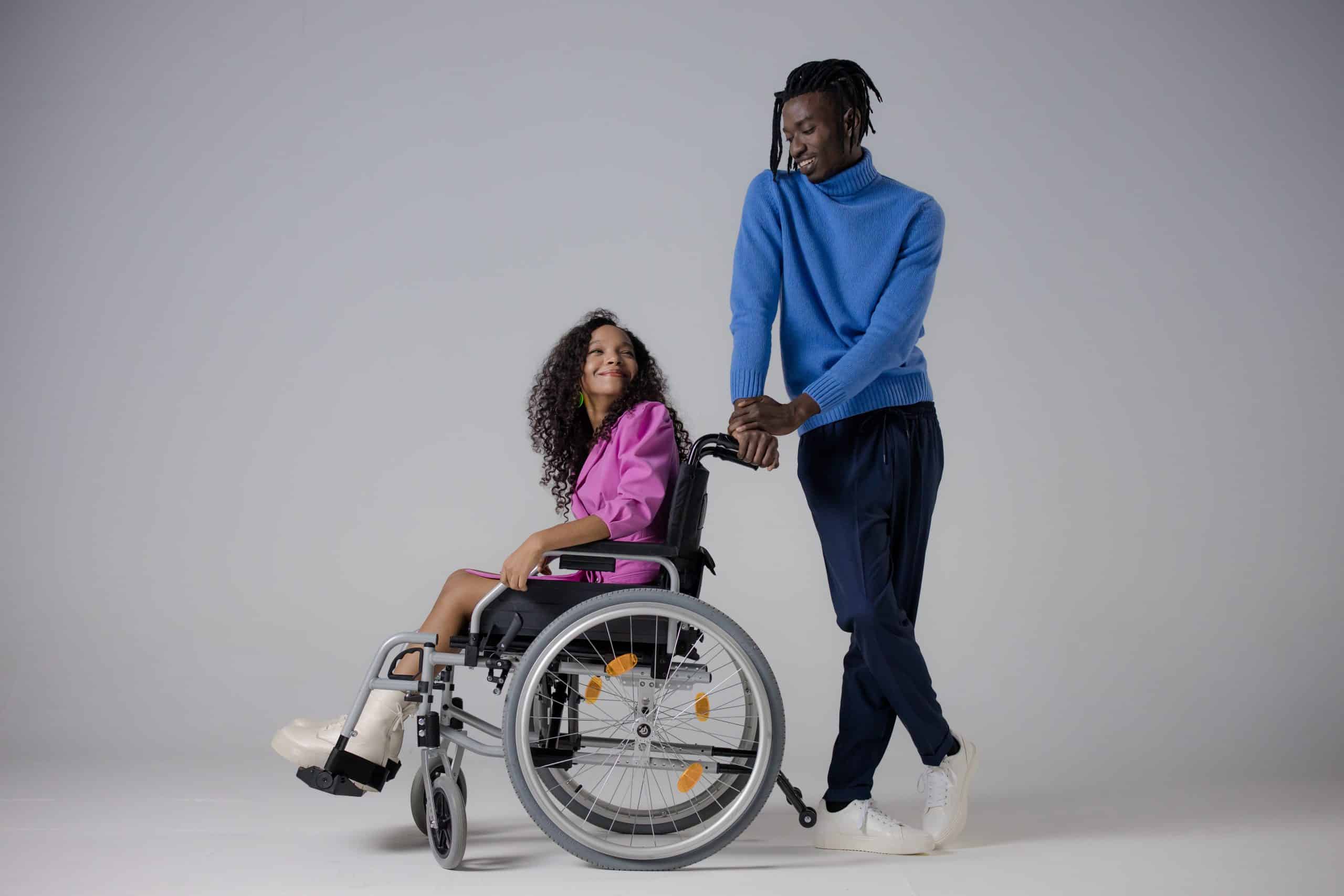Disabilities Couple Counselling & Coaching
Disabilities Couple Counselling, in summary?
Living with a disability within a relationship can indeed present unique challenges. It is important for both partners to have a deep understanding of each other’s needs and to communicate openly and honestly about their individual challenges and limitations.
When both individuals have disabilities, balancing individual needs may require specific accommodations and support. It is crucial to acknowledge and respect the individual needs of both partners in order to foster a healthy and fulfilling relationship.
In our couple counselling sessions, our aim is to provide valuable guidance and support to individuals facing relationship difficulties, drawing on personal experience and expertise.
Couple Counselling or Couple Coaching, whats right for you?

Couples Counselling
Couple counselling, is a form of therapy that focuses on helping couples resolve conflicts, improve communication, and strengthen their relationship. It involves meeting with a counsellor who specialises in working with couples affected by relationship dificulties.
The therapist provides a safe and neutral environment for both partners to express their thoughts, feelings, and concerns. The goals of couple therapy can vary depending on the specific needs of the couple, but some common objectives include: Resolving conflicts, Improving communication, Rebuilding trust, Enhancing intimacy and connection, and Developing problem-solving skills.
It’s important to note that couple counselling is not only for couples experiencing significant difficulties or on the verge of separation. It can also be a valuable tool for couples seeking to enhance their relationship, improve communication, or strengthen their bond.
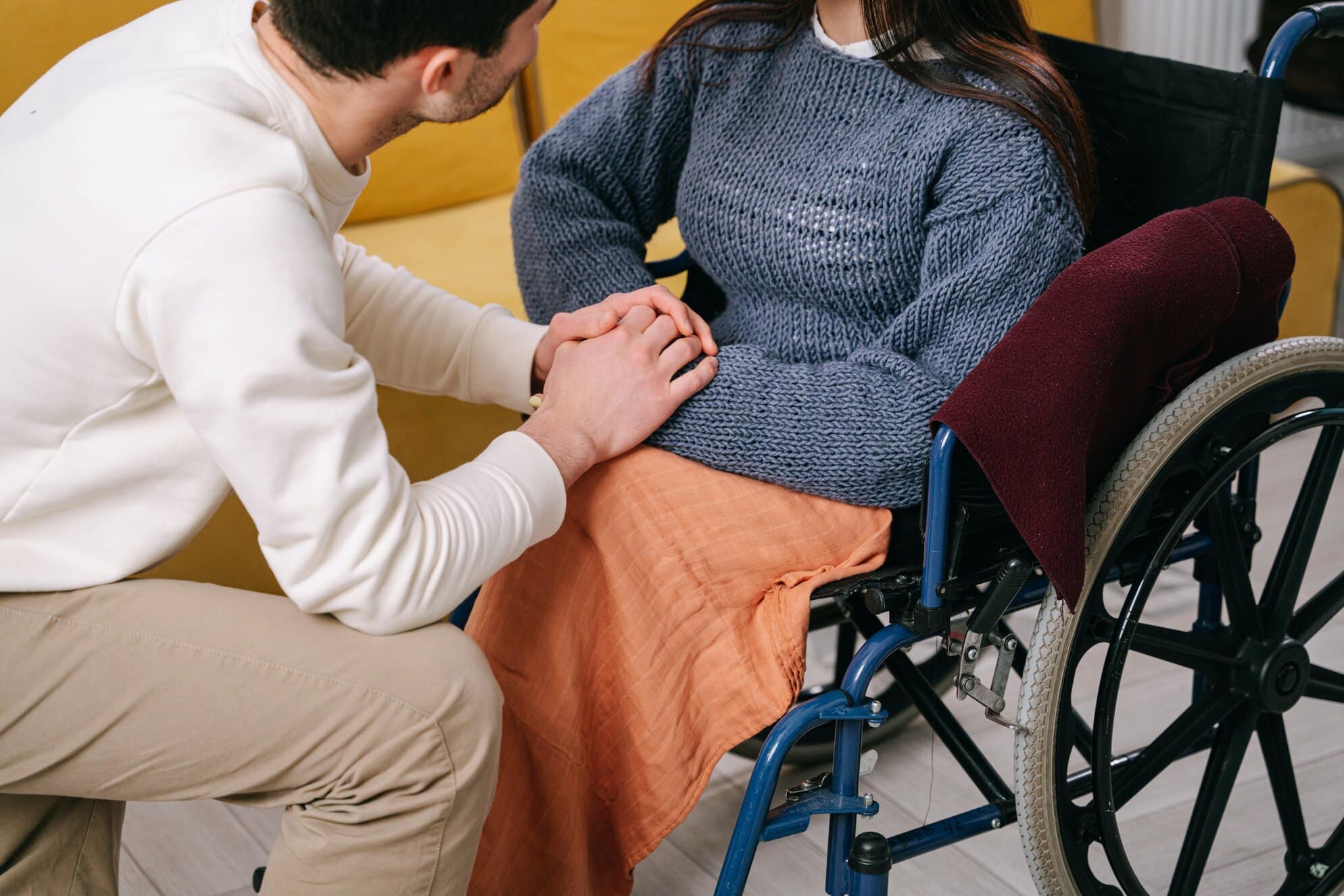
Couples Coaching
Couple coaching is a form of professional support and guidance aimed at helping to achieve certain goals and improve the overall well-being. It is similar to couple counselling or therapy, but it typically focuses on proactive strategies and practical skills rather than delving into deeper emotional or psychological issues.
It’s important to note that this coaching is not appropriate for couples dealing with severe relationship issues or underlying emotional or mental health concerns. In such cases, couples may benefit from seeking therapy or counselling to address those deeper issues.
Overall, the coaching provides a proactive and goal-oriented approach to help improve relationships, develop practical skills, and achieve desired outcomes.
It can be a valuable resource for couples or family members seeking guidance and empathy while navigating challenges along the way
Our Philosophy
There are times in life when we feel like we may need some guidance or mentoring from a professional. There is tremendous value in talking through your ideas, problems, and feelings with a psychotherapist who has the experience, training and expertise to understand what you are going through and help you create a plan to turn your life around.
Starting the process of individual counselling with a therapist can be both empowering and frightening. We are very aware of the feelings that may be brought to the first few sessions. For this reason, it is you who sets the pace initially.
Our approach is solution focused and proactive. Working as a team, we try to gain biographical insight and confront obstacles to change and develop skills, which will lead to confident decision-making and lasting solutions. Our work is characterised by intuition, compassion, optimism and collaboration. We try to be straightforward without being harsh, and encouraging without any pressure. Your counsellor is approachable.
Supporting each other
We understand that each relationship is unique, and the impact of disabilities can vary greatly.
We approach your relationship with empathy, open communication, and a willingness to help you grow together.
We recognise that each person’s disability may require specific accommodations and support. It is crucial to acknowledge and respect the individual needs of both partners.
We support open communication and flexibility in finding solutions to create a balance that meets both partners’ requirements.
In a relationship where both individuals have disabilities, there may be a higher level of interdependency. This can sometimes lead to feelings of being overwhelmed or a loss of independence. Together, we will strive to find a balance that supports each other’s needs while encouraging individual growth and autonomy.
Disabilities can affect communication styles and abilities. We will help you find effective communication strategies that work for both partners, such as using assistive devices, alternative communication methods, or developing a shared understanding of each other’s needs and preferences.


Changing Perspectives
We will assist both partners in accessing appropriate support services, including medical professionals or disability-specific organisations, to provide guidance, assistance, and a sense of community.
Disabilities may require reevaluating traditional gender roles or societal expectations within the relationship. We encourage open discussions about expectations, responsibilities, and goals, creating a dynamic that is mutually beneficial and supportive.
We support both partners in advocating for their rights and needs. Empowering each other to navigate systems, challenge societal barriers, and promote inclusivity can strengthen the relationship and create positive change.
By focusing on shared interests and activities that both partners can enjoy together, such as engaging in hobbies, outings, or shared experiences, we can build connections, enhance the bond, and create positive memories.
Building a support network by connecting with other couples or individuals who share similar experiences of living with disabilities can provide a sense of validation, community, and mutual understanding.
What makes us Specialists?
Our team possesses the expertise and knowledge necessary to assist you and your partner in managing the emotional and practical impact of relationship difficulties. How do we achieve this?
Knowledge, understanding, and expertise serve as the foundation of our couple counselling & coaching services. It is crucial for individuals seeking assistance to be supported by professionals who truly comprehend disabilities and their complexities.
Here are some examples of problems that we can support you with.
15 Most Common Relationship Problems & Solutions
Disabilities Couple Counselling Can Help with
Communication
If people in a relationship can master communication, they’ll be far less likely to experience other common relationship problems.
Effective, honest communication is essential to relationship success.
Read More
Different people communicate differently. You may be quiet while your partner is talkative. Regardless of your communication styles, relationships need effective, regular communication to thrive as a unit.
Maybe you’ve stopped communicating the way you used to; it’s a common relationship problem for many couples. For some couples, every conversation has an edge of confrontation. Others might forget what communication is supposed to entail and how important it is to happiness. To improve communication and emotional connection in your romantic relationship, try focusing on the following:
- Work on identifying where your conversations are breaking down
- Don’t expect your spouse to read your mind
- Be open and honest about your feelings
- Practice being a good listener
- Think before you respond
Communication is a two-way street that both people need to focus on together. If you want your romantic relationship to work in the long run, effective communication should be a priority. The good thing is, there are many useful communication exercises for couples to practice.
Arguments
Relevant debates are healthy and important for self-expression. However, spiteful arguments are hurtful and serve no good purpose. Successful couples have rules for arguing, such as:
- Breathing before responding
- Refraining from using profanity
- Resisting name-calling
- Staying on-point
Read More
If you have the urge to say something spiteful to your partner, ask yourself what you’re feeling first. Are you angry? Are you sad? Are your feelings hurt? Are you frustrated? What are you unhappy about?
Make a regular time to sit down and discuss developing issues before they build up and become problems or relationship challenges. Express yourselves peacefully, with forethought and a level of maintained respect, instead of simmering, boiling, and exploding on each other. Need help resolving this relationship issue? Couples therapy techniques might help you. If you are having trouble controlling your anger and frustration towards your partner, our guide on how to control anger in a relationship might also help.
Staying Close
With time, every long-term relationship will change. Some of what used to seem most important might begin to not even phase you anymore. Additionally, as things in the relationship change, you and your romantic partner may also be changing in different ways, evolving as individuals.
This doesn’t mean that your long-term relationship can’t continue working. It just means that you need to make the effort to spend some intentional time rediscovering one another.
Read More
It’s not realistic to expect that people will stay the same throughout their entire life. People age, grow, adapt, and are fundamentally changed in various ways by their life experiences.
It’s important to stay close as a couple, even when you’re changing as individuals. Talk with each other and honestly discuss how you each see the future evolving. Enjoy discovering how you’re both growing as human beings. Change in a healthy relationship can be exciting.
Sex & Intimacy
Many relationship problems are sex-based. Ask yourself what you want sexually. Be honest and open with yourself. Encourage your partner to do the same. Then, get together and discuss what you both want.
Be mutually respectful of each other’s desires and needs.
Read More
The chances are you’ll both be pleasantly surprised and excited to make some changes in your sex life. Of course, some sexual problems will require professional help to get through. In some cases, you or your partner might have a fear of intimacy that’s impacting your sex life. Doing couples therapy can be a huge asset to any relationship.
Infidelity
If your partner cheated on you, you’ll have to decide for yourself if you can forgive them, or if you’ll need to move on without them in your life.
Most affairs don’t typically happen spontaneously. Infidelity can also come in the form of emotional cheating, too.
Read More
If you want the relationship to survive post-affair, you’ll both need to be honest about what happened, and then work together to solve any underlying issues.
Cheating hurts, and it can take years to get over. While many relationships can endure after someone has an affair, it requires a firm commitment from both partners for them to learn how to get over infidelity.
Money
The simple fact is life requires money, and couples argue about finances. Financial pressure is a common relationship problem that can lead to catastrophic relationship issues, and even mental health problems, when not addressed properly. Research shows that more than half of all couples enter a marriage already in debt.
Read More
It’s wise to have a clear understanding with your partner about who’s responsible for what in terms of money. A basic budget is simple to develop and can go a long way toward avoiding unnecessary arguments. For more tips, learn how to talk to your partner about money.
Children
Parenting can be very difficult if you haven’t developed a cohesive plan and a firm commitment to stick to. This is especially true in the case of step-parenting. If you’re raising children from previous relationships together, definitive house rules are necessary. Talk with your partner in private about any parenting issues, and always present a unified front.
Keeping Things Exciting
It can be hard to keep a relationship exciting, but relationships work. You need to put in time and effort to keep the romance alive and stay engaged with your partner. If you feel like your relationship is in a rut, plan something different to help spice things up again.
Battling Over Chores
Many people struggle over responsibilities at home. If you start to feel resentment about who’s doing what (or who isn’t doing what), keep the lines of communication open and be sure you’re sharing your frustration.
Read More
Let your partner know you need help. Be specific with what you want. Then — and this is important — resist the urge to correct how they accomplish a task. The only thing you’re doing by reloading that dishwasher “your way” is telling them that they should just let you do it in the first place next time.
Trust
Trust is one of the most important aspects of any relationship. If you’re questioning whether or not you can trust your partner, calmly yet firmly ask them if there’s reason for concern.
If your partner is the one who has trust issues, reassure them they have nothing to worry about.
The good news is that you can overcome trust issues in a relationship.
Safety
Feeling safe in a relationship is important. Verbal, emotional, or physical abuse cannot be tolerated. Any form of abuse should be taken seriously and addressed immediately. If you need help and are in an abusive relationship cycle, you can reach out to the National Domestic Violence Hotline at any time.
Changing Life Goals
Goals are important, and when two people in a relationship are aligned in terms of what they want out of life, it can be wonderful. Sometimes, however, goals change.
If you and your partner can’t get on the same page with what you both want in the future, it can cause problems. Talking about your goals and being realistic about what each of you wants will be important throughout the duration of your relationship.
Same Fight, Different Day
It’s not uncommon for a couple to have the same fight over and over, but when disagreements start to escalate, or problems begin to manifest in other ways, it can be problematic for the relationship.
Be sure that you’re addressing the root of the problem so that you can attempt to change the behaviours and thought processes you both develop after so long.
Showing Gratitude
Everyone likes feeling appreciated for their efforts. Whether you have a fast-paced career, or you take care of the home, it’s important to feel valued for the things you do that make your partner’s life more enjoyable. Expressing appreciation regularly can ensure you’ll both feel more noticed in the relationship, even if it’s just for something simple.
Trauma
External pressures from traumatic life events can stress any relationship. The death of a loved one, financial strain, disease diagnosis, chronic stress, past abuse, domestic violence, or anything else that you or your partner has endured can affect your emotional and physical health.
Read More
Don’t shut your partner out. You’re a team. Be there for each other, even through the rough times. For more tips, learn how to deal with trauma individually.
Easy Access
Contact us if you would like to ask some questions
Make a Referral
Start your couple counselling journey by self-referring yourself today.
Contact
You will be contacted within 24 hours to arrange your couching or answer any questions.
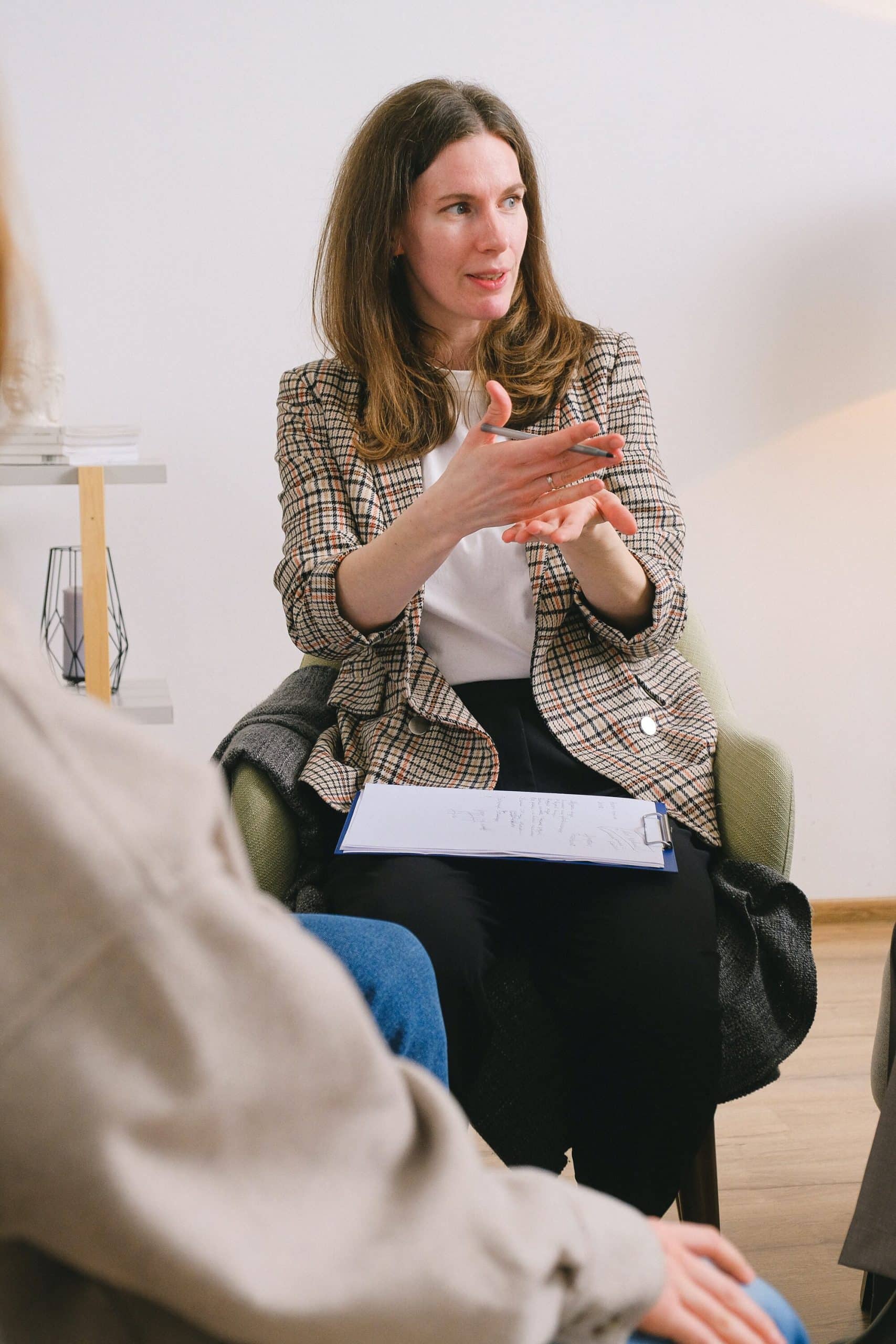
Relationship Coaching
We all have important relationships. Whether it is with our spouse, children, other family members, coworkers, employers/employees, teachers, or students…we all need good relationships to be happy. When an important relationship is not working out very well, we become frustrated and sometimes behave in a manner that causes more harm to that relationship.
Very quickly, a vicious cycle of hurtful and disconnecting behaviours grows. The good news is that healthy relationship skills can be learned, and unhealthy relationship patterns can be changed.
Coaching for couples offers short-term, results-oriented, and high-impact professional help for couples. spiral2grow addresses a large range of couple issues and designs interventions that are holistic and systemic, and customised to couples’ needs. Solutions are co-created, leveraging your strengths and creativity together with our expertise in facilitating change, which is based on our extensive experience in both psychotherapy and relationship coaching.
What is relationship coaching?
A relationship coach is someone who supports individuals and couples in learning vital skills for relating, especially in marriages and romantic partnerships. Relationship coaches teach you to develop conflict resolution skills and offer tools to deepen intimacy and pleasure.
Fees & Questions?
What to expect? – your coach or counsellor will understand the issues you may be facing; each person is different; however, in couple counselling & coaching, common themes are discussed.
Where? – There are a few couple counsellors or coaches in the UK, so we support you through online sessions. This ensures everyone can receive epilepsy coaching no matter where they live.
When can I start couple counselling or coaching? – Sessions generally start within a fortnight.
Fees – Private pay clients can choose the focus, duration, and frequency of therapy.
No waiting lists or reports are being sent to GPs. It’s Confidential.
Pricing
For the general public, we heavily discounted our session fees. This enables you to access coaching easily at an affordable price.
Session Fees for 60 minutes:
♣ Introduction Session £60
♣ Pay as you go £90
♣ Saver3 £240 (3 Sessions)
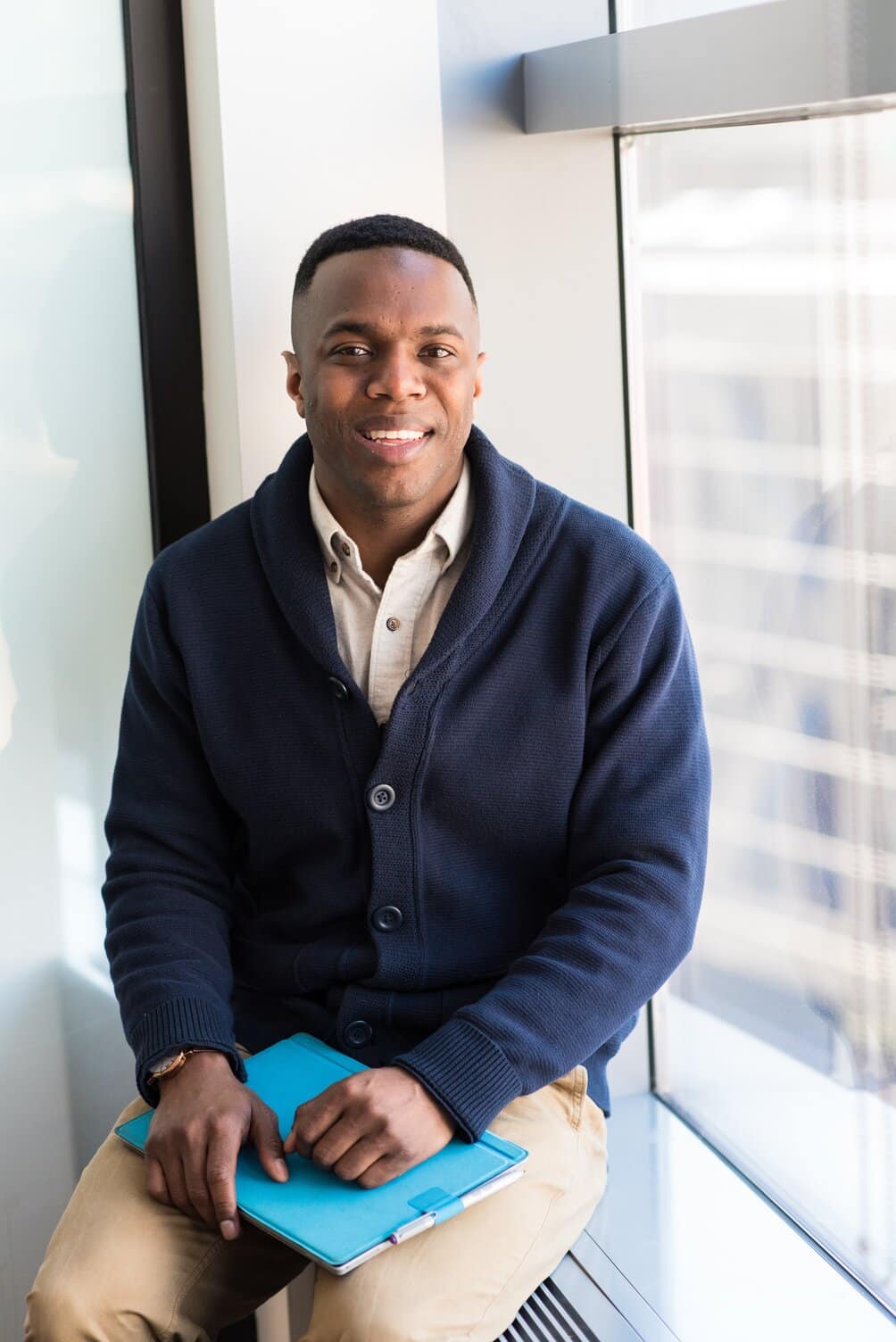


Specialist Counselling & Psychotherapy Services
Showing 23 therapies, if yours is not listed contact us to see if we can support you.
Cerebral Palsy
Dystrophy
Parkinson's
Motor Neurone
Brittle Bones (OI)
Multiple Sclerosis
Ataxia
Epilepsy
Spinal Cord
Spina Bifida
Limb Loss
Road Traffic
Head Injuries
Autism (ASD)
Downs Syndrome
Selective Mutism
Sight Loss
BSL Counselling
Hearing Loss
Vestibular
Tinnitus
CODA
Caregivers & Friends/Family
Rare Genetic Disorders
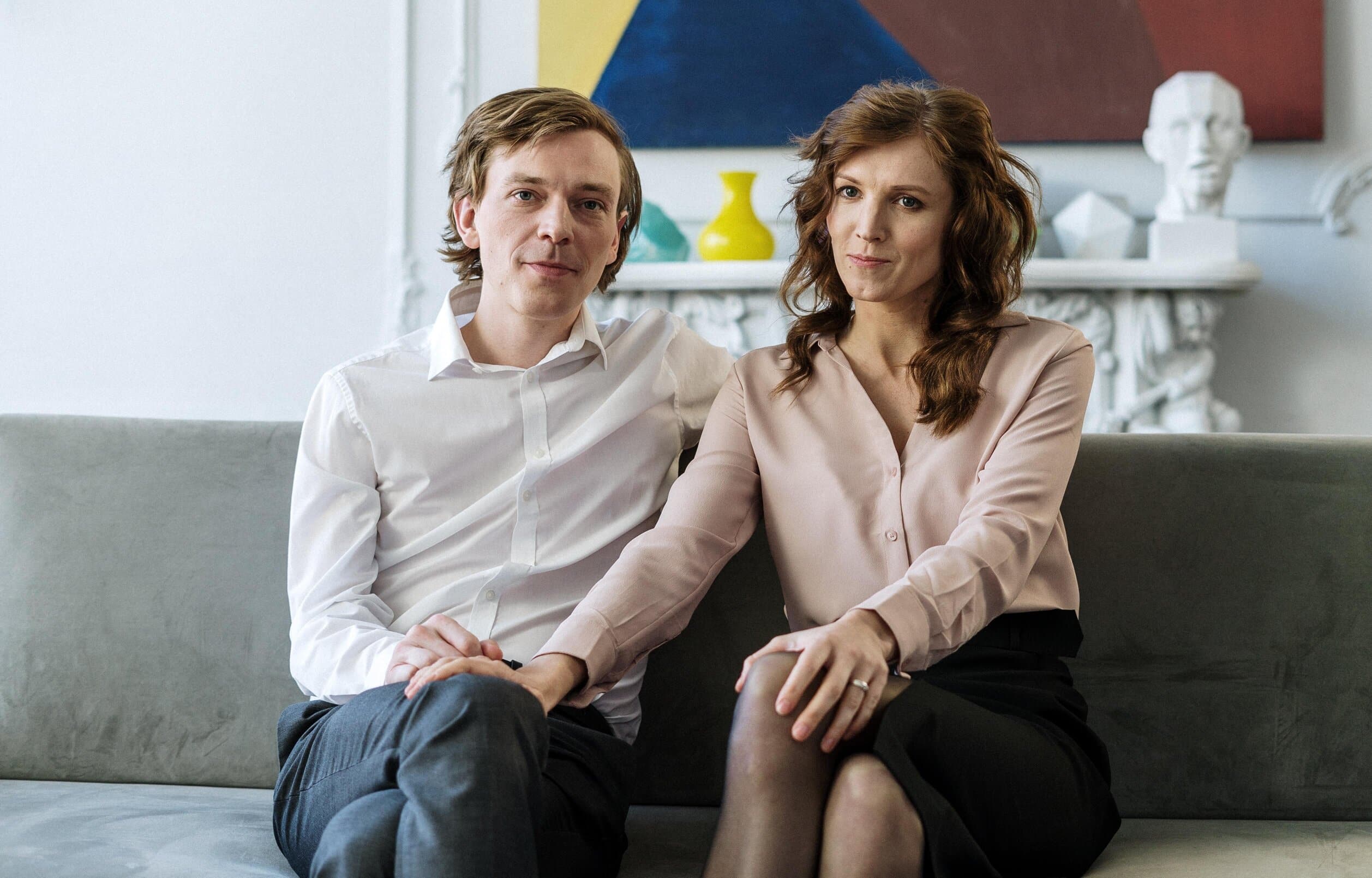
Disabilities Couple Counselling & Coaching
Living with a disability within a relationship can indeed present unique challenges. It is important for both partners to have a deep understanding of each other’s needs and to communicate openly and honestly about their individual challenges and limitations.
When both individuals have disabilities, balancing individual needs may require specific accommodations and support. It is crucial to acknowledge and respect the individual needs of both partners in order to foster a healthy and fulfilling relationship.
In our couple counselling sessions, our aim is to provide valuable guidance and support to individuals facing relationship difficulties, drawing on personal experience and expertise.

Our Philosophy
There are times in life when we feel like we may need some guidance or mentoring from a professional.
There is tremendous value in talking through your ideas, problems, and feelings with a psychotherapist who has the experience, training and expertise to understand what you are going through and help you create a plan to turn your life around.
Starting the process of individual counselling with a therapist can be both empowering and frightening.
We are very aware of the feelings that may be brought to the first few sessions. For this reason, it is you who sets the pace initially.
Our approach is solution focused and proactive.
Working as a team, we try to gain biographical insight and confront obstacles to change and develop skills, which will lead to confident decision-making and lasting solutions.
Our work is characterised by intuition, compassion, optimism and collaboration. We try to be straightforward without being harsh, and encouraging without any pressure. Your counsellor is approachable.

Mobile
01932881849
Referral Forms
Self-Pay
Carers
Referrals
Organisations
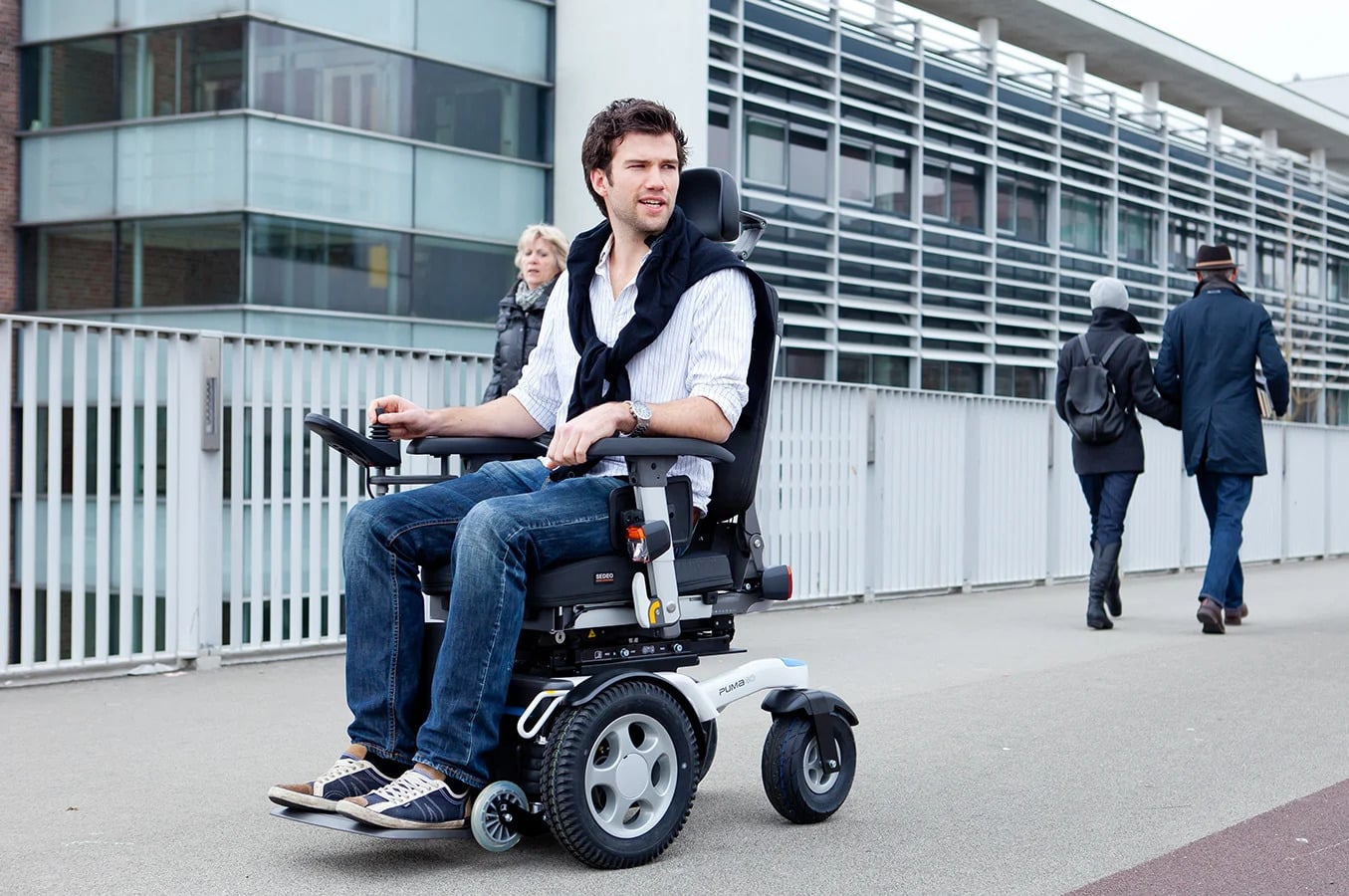
Counselling Services
If your disability or long-term condition is not within our services below, contact us as I am sure we can help.
